Investment Will See A More Comprehensive Surveillance System Installed In The City
Tulum’s police for ice undergoing some positive changes in its battle to lessen the effects of rising crime in the city. In particular, some police enforcement and the addition of a new surveillance control system are hoped to benefit the service.
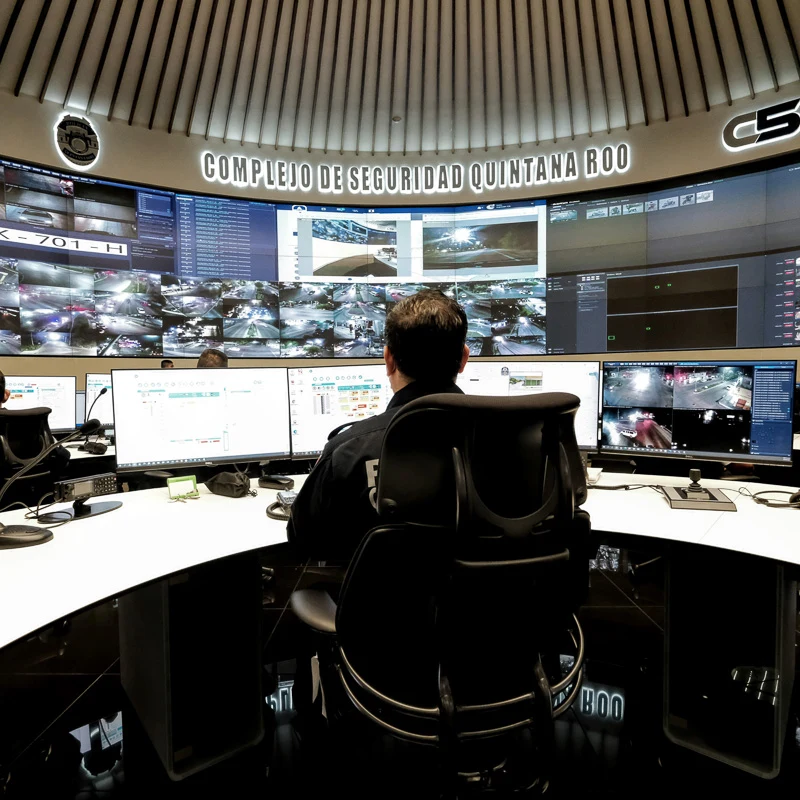
Tulum has been struggling to control a rising tide of violent crime as the town’s popularity continues to surge. Its emergence as a world-beating tourist destination has brought organized crime to its shores in equal abundance as drug gangs seek to capitalize on the soaring market.
The police force is undergoing radical changes, some over a longer period of time, but other more immediate developments are programs its so-called C3 surveillance system. Cancun has been implementing a similar setup for the past year or so and is extending its reach wherever possible with the support of local businesses.
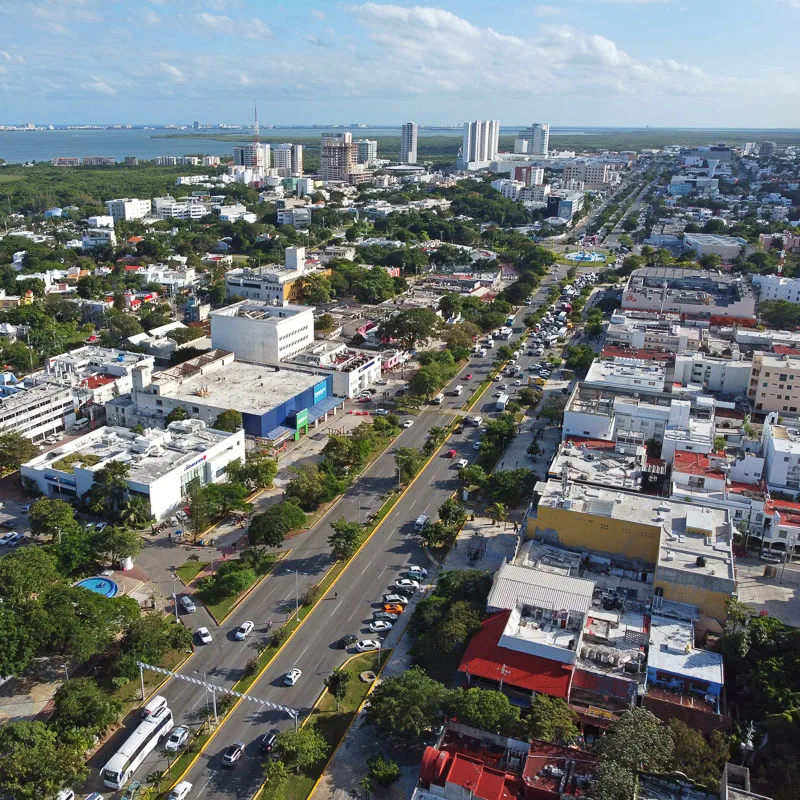
The system, at its core, is a surveillance system with multiple strategically placed CCTV cameras all projecting their images live to a designated control center. The center will be manned with specially trained police officers who will keep an eye on events across the city in real-time. So far, forty-five cameras are functional, with a further twenty-five set to be installed in the coming weeks. The initiative is around 80% complete and will go live in the coming weeks.
It is assumed the project will have a similar trajectory to Cancun’s C5 system, a more advanced version of the surveillance setup. The police force in Cancun is regularly expanding its surveillance sources to include restaurants, hotels, and other businesses. These establishments voluntarily offer the police access to their CCTV feeds, allowing an added layer of protection for them.
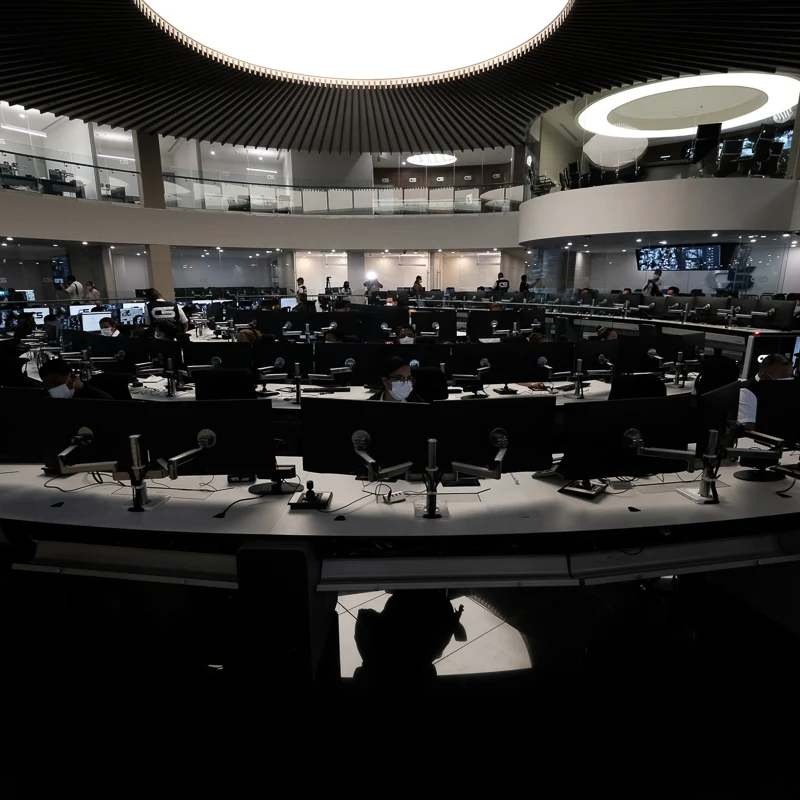
Many businesses were initially skeptical about allowing the police access to their security footage, citing customer privacy as a main factor in the decision. But a recent spate of violence launched directly at Cancun establishments has seen a significant influx in those willing to connect to the system. At this point, it is unclear if any local Tulum businesses are connected, but it is likely a similar pattern will emerge in the coming months.
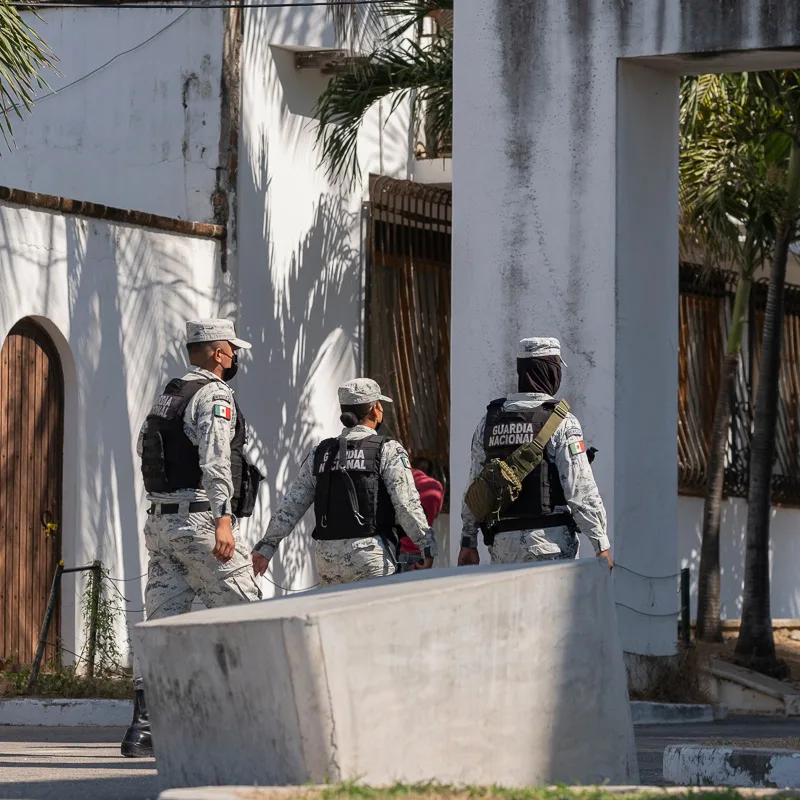
The concept, in theory, means the police can be more preemptive in their movements as opposed to reacting to any violence being reported. C3 operatives will be stationed twenty-four hours a day in front of a large video wall showing all the feeds currently connected. If anything suspicious is seen, a response team can be sent immediately, hopefully preventing any potential escalation.
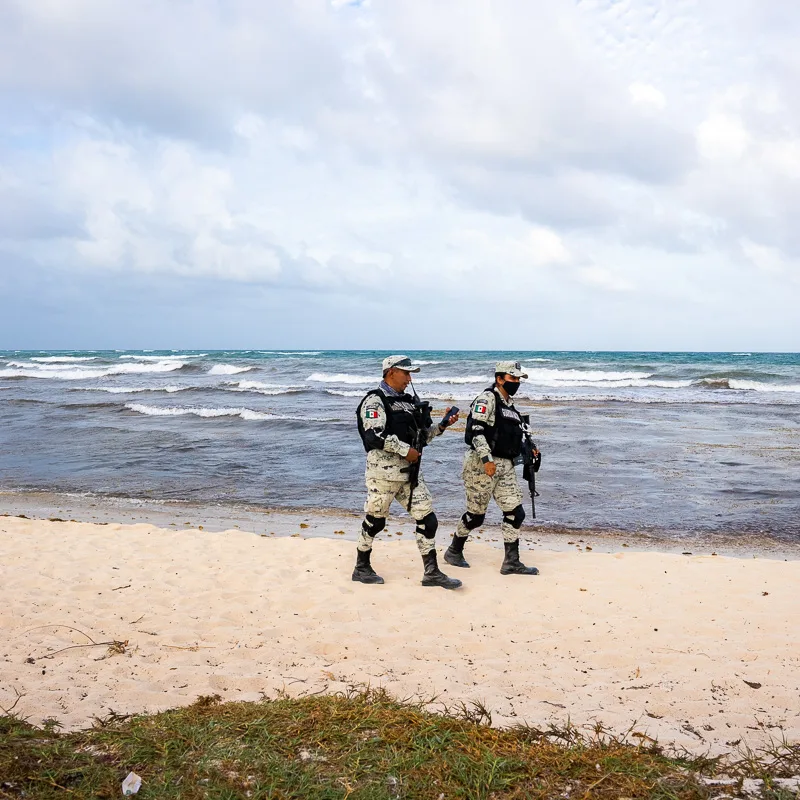
Tulum’s police force has been playing an unfortunate game of catch-up since its sudden growth. The resort town was initially a small settlement of just a few thousand people, but its new reputation as an in-style beach spot has seen dramatic investment and thousands of new locals as Mexicans flood to the coast from inland areas in search of work.
The force was built around the town’s previous form and hasn’t been able to adapt quickly enough. Similar problems are being seen with the city’s infrastructure. Some estimates suggest that as little as 15% of the city is connected to the sewage system, while hundreds of homes have been built off-grid and connect themselves illegally to power systems.

The developments with the police force are important steps for Tulum in dealing with the responsibilities that come with success. With a new airport and the Maya Train opening in the coming years, the crowds are unlikely to dissipate, and neither are the gangs that plague Quintana Roo. Taking measures to help safeguard the town should be the minimum requirement, and should have been done long ago, but progress is progress and the projects provide some hope for the local businesses.
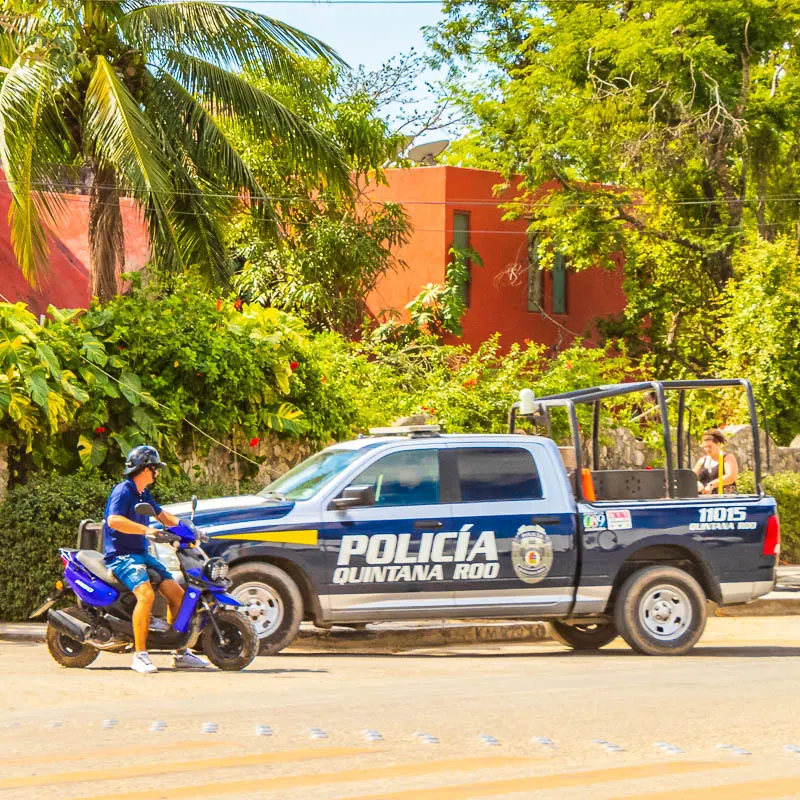
Work has already been done to prevent police officers, those who should be protecting citizens and tourists alike, from extorting people or even harassing them.
Many restaurants are closing out of fear of violence, and without added protection from the local authorities, the trend is likely to continue. While it is unlikely to stem the broader problems, the C3 system could provide an excellent first line of defense, and even make those committing the crime reconsider where and when they do it.
Plan Your Next Cancun Vacation:
Traveler Alert: Don’t Forget Travel Insurance For Your Next Trip!
Choose From Thousands of Cancun and Riviera Maya Hotels, Resorts and Hostels with Free Cancellation On Most Properties
↓ Join the community ↓
The Cancun Sun Community FB group has all the latest travel news, conversations and tourism Q&A’s for the Mexican Caribbean

Subscribe to our Latest Posts
Enter your email address to subscribe to The Cancun Sun’s latest breaking news affecting travelers, straight to your inbox.
